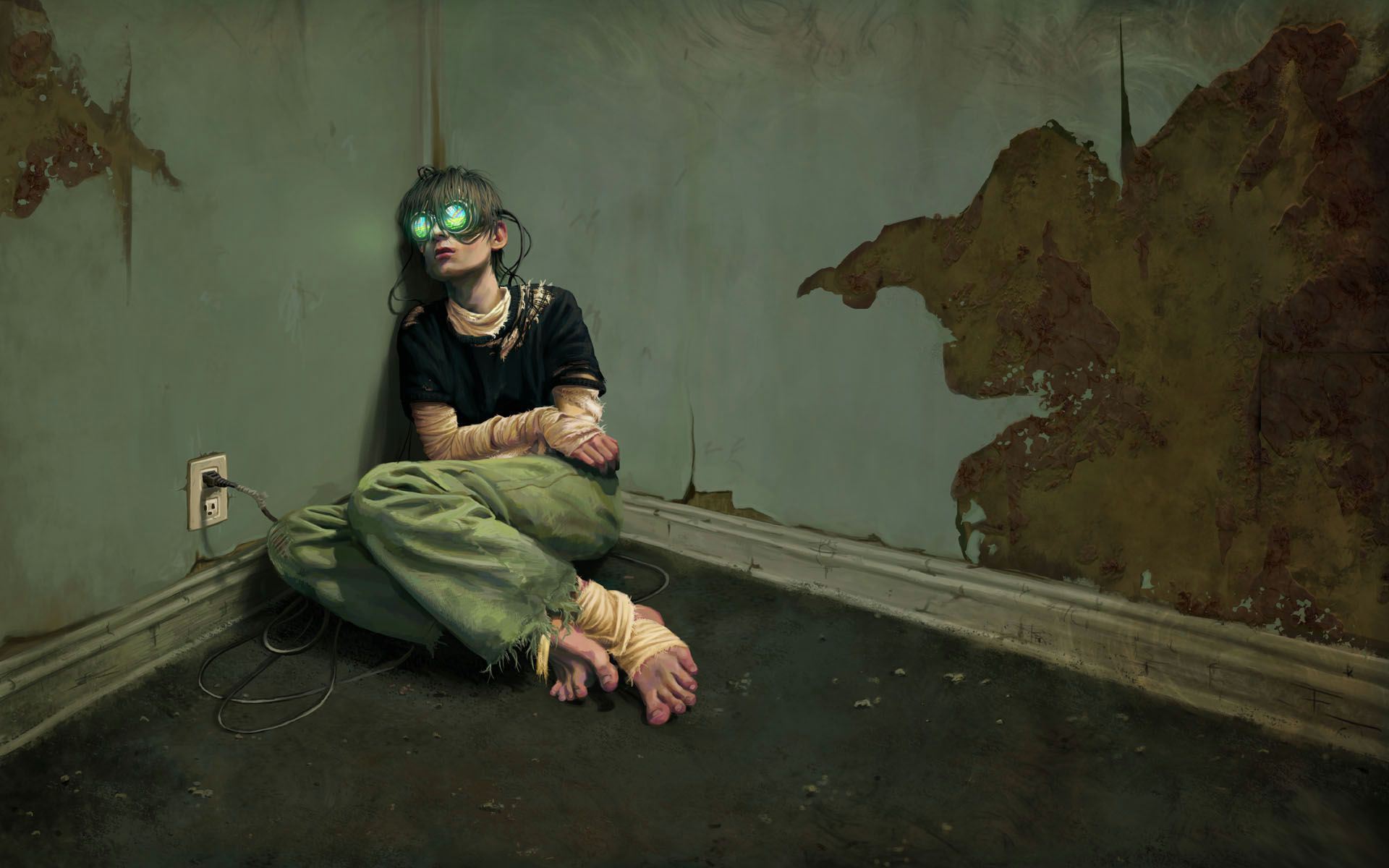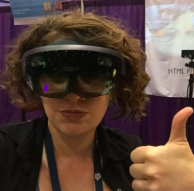Dystopian image above from user Oli of the NASA Spaceflight forum
This year has brought us a deluge in virtual reality tech, and developers are rightfully excited; our office is running with the possibilities, dreaming up and making new things. Envisioning a time where we’re actively using the technology is not so crazy for us or even that far into the future.
But not everyone is working with VR right now, and most people haven’t even tried the latest headsets yet. And while using our imaginations is a major part of the fun, we’re still waiting for a lot of VR technology to catch up with us, and many onlookers are taking our projections of a virtual reality-enabled world into the dark realms of a sci-fi dystopia.
The Verge’s most recent review of the Gear VR did a great job of previewing such a world:
At 4:45, Adi Robertson highlights one of our deepest collective fears:
- We will forego a beautiful sunset and the other joys of reality. That virtual reality fear is just funny after you watch the Verge video. The tech is clearly not poised to take over our daily lives in its current state.
- It makes us motion sick.
- Our physical bodies will deteriorate.
- We’ll forget how to connect with people and lose our ability to be social in the real world.
- Reality will become meaningless by comparison.
For the sake of argument, let’s say the VR experience the reporter had was complete, compelling and free of many kinks. It's not meant to replace life. Our projection is that as technology advances, it will compliment real life better through the next major convergence of VR, AI, and the Internet of Things.
VR motion sickness is a common experience, but not necessarily a fixture. With the funding going into the tech now, developers are paying attention, and some are finding creative ways to overcome it. You could also argue that it just takes some getting used to because it's such a new experience for the brain. It may help us to look into training VR users, just as you'd teach someone how to drive.
VR is actually poised to be a tool better for the body than laptops. An immersive experience encourages interaction with tech on a whole new level, which means walking and moving around. And we can develop programs that inspire loads of physical activity -- which is helpful as fears can become lodged in the body.
Not a fear unique to virtual reality; this has roots in escapist technologies like TV, Internet, and most notably with the prevalence of smartphones. Those pieces of technology pose greater social blockers. Immersion requires more participation from your body, brain, and alert system, boosting our level of interaction in the process. In that sense it has the potential to make us even more social because we're practicing engagement.
That’s dystopian! While virtual reality engages our senses and can provide an escape, it can also be used to deepen our relationship with reality. It all depends on the application, and even in these early years we're seeing it used to deepen empathy (the recent NYTimes Google Cardboard-ready storytelling series is a great study for that).
A comparitive immersive experience to consider: A book. It's the original escapist technology. Some people are still afraid of them, but all they do is convey information. Ultimately, they add to our life experience, which we return to when we're done reading.


